Intimate Queer Coming of Age Stories, Sci-Fi and the Supernatural: Ventana Sur’s Punto Genero Lineup
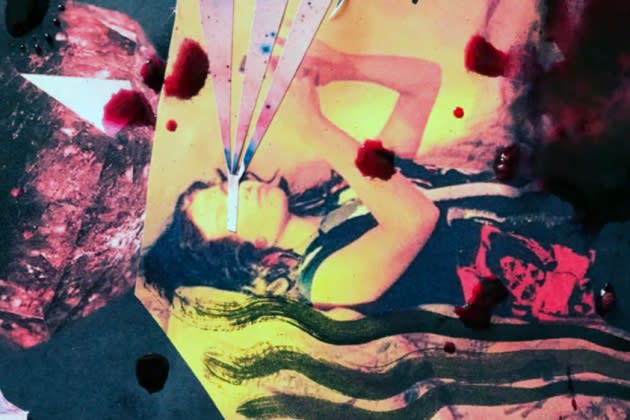
“The Marriage,” the feature-length fiction debut from Brazilian documentary filmmaker Maíra Bühler (“Let It Burn”), and a pair of intimate and revelatory queer films “The Way You See Me,” and buzz-title “Diamond,” backed by Argentina’s Maravilla Cine (“That Weekend”), are among the selections set for Ventana Sur’s 2022 Punto Genero Pitching Sessions.
They’re joined by mystical, lore-centered projects like Julia Rotundi’s “A Woman Gazed At The Night Sky,” sci-fi-laced “I’ve Held This Sadness For So Long That My Chest Will Explode,” by Mexico’s Nicolasa Ruiz Mendoza and dystopian thriller, “Kill To Marilyn,” by Chilean director Alejandra Gonzalez Painemal.
More from Variety
In keeping with tradition, this year’s films push boundaries, set to pull in viewers from varied demographics, shining a light on Latin American cinema, spanning the whole of the continent and centering communities whose narratives discuss wholly human issues with passion and textured perspectives.
“We care about equity, not only with the stories we choose but also with Latin American representation,” Franco Rovelli, manager of Punto Genero, told Variety. “Every country has its own unique culture, that’s why we’re not only interested in what stories we tell, but also in how we transmit the message the directors are looking to relay with their projects.”
An initiative of Género DAC (Argentine Film Directors) and Acción de Mujeres del Cine, Punto Genero is a space created to highlight and promote projects by women and non-binary Latin American filmmakers, currently in development.
“Every year we receive numerous entries, breaking any previous records,” said Rovelli. “This year, our third, we had more than 130 projects, far exceeding 2021. This shows us that sections like Punto Género exist to show the audiovisual industry that there’s a sector that has hundreds of stories to tell, all rich in context.”
Special awards for this year’s pitching session winners include a production tutoring workshop given by the Association of Independent Producers of Audiovisual Media as well as a distribution and exhibition tutoring workshop given by Género DAC.
Punto Genero 2022 Feature Film Projects
“Blue Green” (Paulina Urreta Torres, México)
Aging seamstress Laticia works in a textile factory where she dreams of reconnecting with her sister, Evelia, who suffers from a neurodegenerative disease. Memories unravel the relationship they’ve craved and as they’re finally able to spend a weekend together, moments of joy fill the bittersweet, fleeting reunion. “Blue Green” marks the first feature-length project for the Mexico City-based director and is produced by Tatiana Graullera (“A Wild Stream”) alongside Urreta’s independent production house, 1987 Films (“Bad Hombres”).
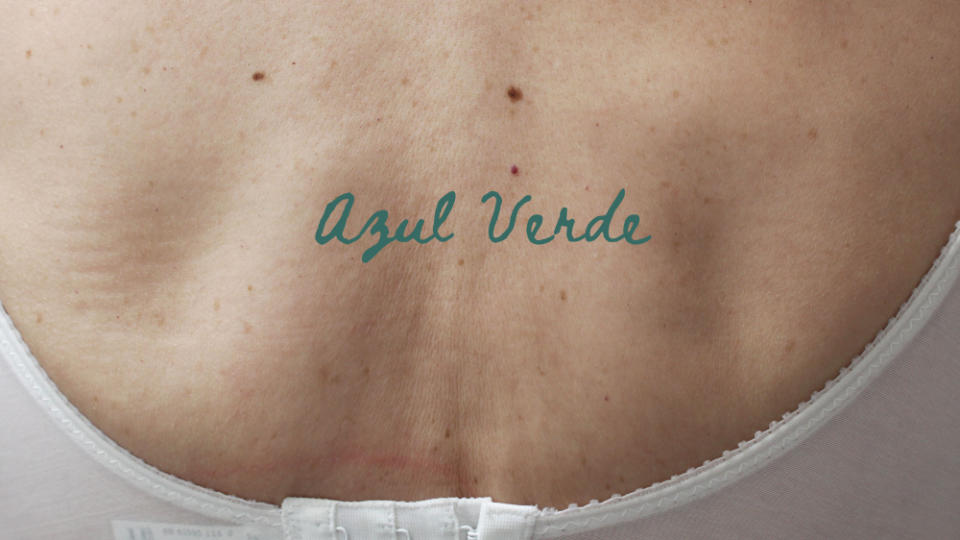
“Barra Azul” (Susan Kalik, Brazil)
Two Black brothers, Uóton and Matheus, work at their condominiums pool as a lifeguard and cleaning assistant, respectively. One day they embark on a mission to take their mother to bathe in the pool. Their interactions with other employees and their coexistence with other residents reveal the tricky and tense relationships surrounding them. Kalik is a screenwriter, producer and director whose short film, “Sobre Nossas Cabeças,” was nominated for best short film at this year’s CineVersitil in Buenos Aires. Raccord Productora (“Madalena”) and Marcos Pieri produce the feature.
“The Way You See Me” (M Sin Título, Argentina, México)
Following the director’s journey through testosterone treatment towards a more visceral version of their identity, the documentary ushers in discussions on gender, hormone therapy, and the physical and mental changes experienced along the way towards self-realization in an intimate fashion that seeks to demystify misconceptions. The project is an Argentine-Mexican co-production produced by Paula Zyngierman at Buenos Aires’ Maravilla Cine.
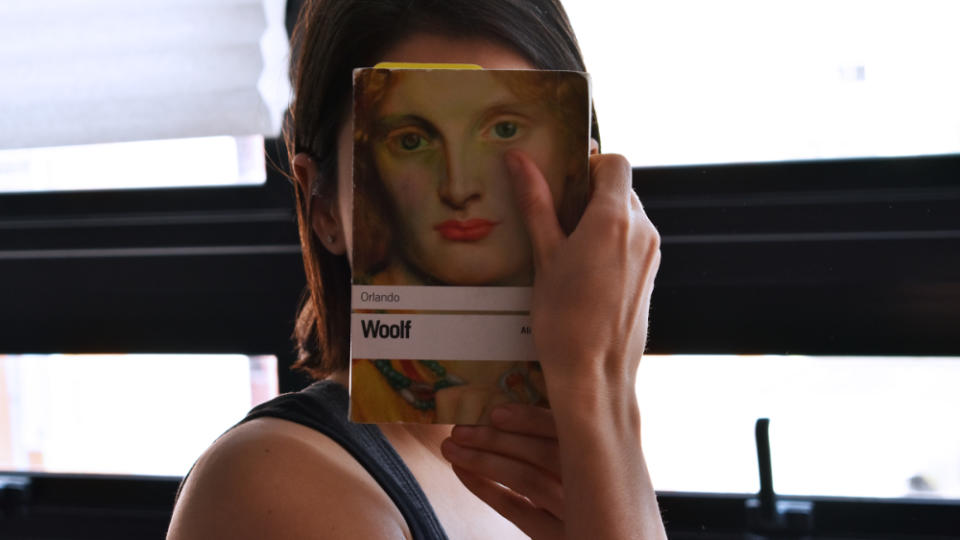
“Diamond” (Yashira Jordán, Bolivia, Argentina)
Petra is a rebellious Quechua teenager who moonlights as a trap singer. When she receives a message from her estranged and exiled father, she runs away from home, setting out on a journey towards La Paz. Production credits go to Álvaro Olmos Torrico at Bolivian auteur production hub Empatia Cinema (“The Visitor”) alongside Jordan’s own Árbol Cine Orgánico and Argentina’s Maravilla Cine.
“The Poetry Notebook” (Janine Zaruski, Uruguay)
An introverted woman signs up for a poetry workshop after hearing about a poetry contest with a hefty award. With a focus on quitting her job, the assignments unravel her long-dormant passions while drawing out the truths about her manipulative and abusive partner along the way. This film marks the directorial debut of Janine Zaruski. Macarena Mieres (“Revolveres y Rosas”) produces.
“Fabián” (Elvira Durango, Esteban Coloma, Ecuador)
At 13, Fabián was Ecuador’s boxing champion but soon gave up the sport to begin hormone therapy. At 18, after gaining his family’s support, he takes on Ecuador’s sports officials to be allowed to compete as the country’s first transgender athlete. Durango and Coloma direct and produce alongside Gabriela Calvache at Quito-based Cineática Films (“La Mala Noche”).
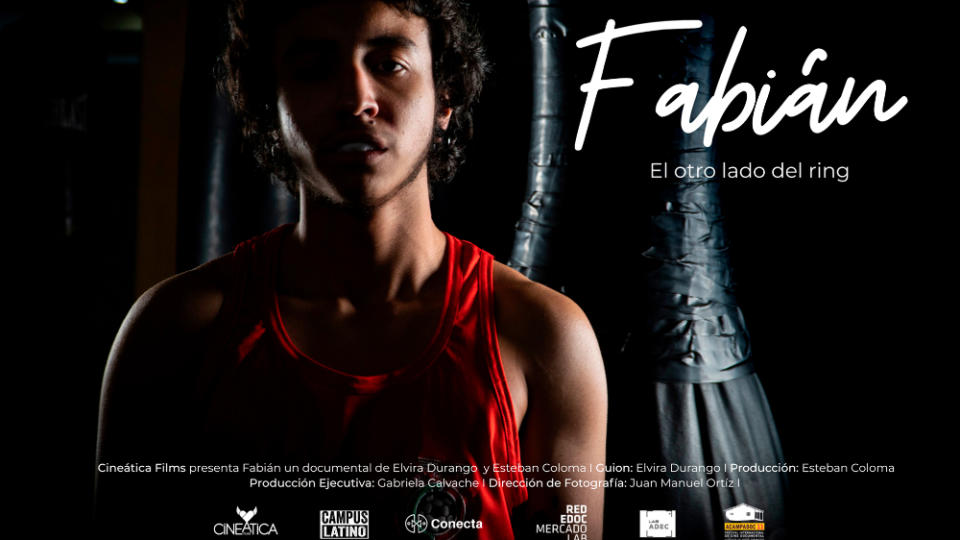
“I’ve Held This Sadness For So Long That My Chest Will Explode” (Nicolasa Ruiz Mendoza, México)
Consuelo is a woman in her late 30s who still lives with her mother and just found out she’s living with an STD. Vulnerable, with her guilt getting the best of her, a bot transcends the virtual realm and inhabits her body, taking on a life all its own. Mexico’s Ruiz directs the feature produced by Paulina Valencia of Kintsugi Cine, the youngest producer to win a Locarno Golden Leopard.
“Kill To Marilyn” (Alejandra Gonzalez Painemal, Chile)
A dystopian post-capitalist universe houses a transvestite punk band, Las Trabas, that enters the underground city ravaged by plague and famine caused by the elite’s overexploitation of natural resources. María discovers fellow band member, Marilyn, has been brutally murdered, and the story behind her demise unspools in a disjointed manner as the group shines a light on the devastation of overzealous greed. Gonzalez (“Crimen Tras Las Rejas”) directs. Producer is Ximena Araya Gutiérrez, co-founder and director at Chile’s female-fronted Mami Male.
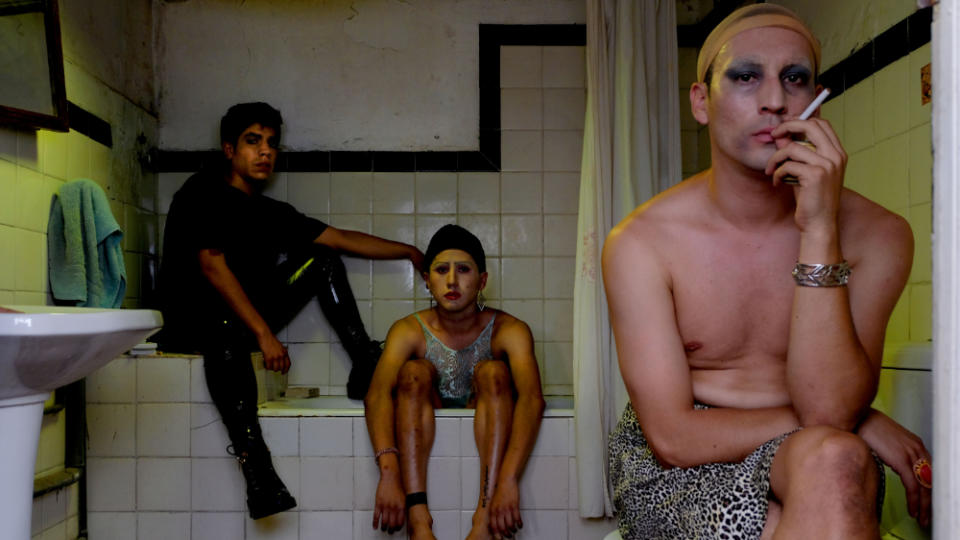
“Black Blood” ( Rocío Barrero, Argentina)
Pablo, Gabi and Salta grow closer through their work together at an oil company that operates in the province of Neuquén. While navigating the often challenging lifestyle that those in their sector have come to expect, they’re assigned a new task related to oil waste and will have to decide whether to take it on. Agreeing to the job will change their lives indefinitely. Rocío Barrero directs, with Lara Decuzzi (“Reinas”) and Laura Rojas producing the project.
“Miss Architect” (Nadia Lozano, Juan Coulasso, Argentina)
Actress and director Nadia Lozano (“I Was Distracted. That Much Is True”) and performance artist Juan Coulasso investigate the invisible universe at the heart of the haunting Chacarita cemetery in Buenos Aires, one the most emblematic in Latin America. Its Pantheon was designed by architect Itala Fulvia Villa only a few years after women gained the right to vote in Argentina. Production credits to emergent arthouse Camarones Arte Contemporaneo and Lola Silberman (“Existir Sin Vos. Una Noche Con Charly Garcia”).
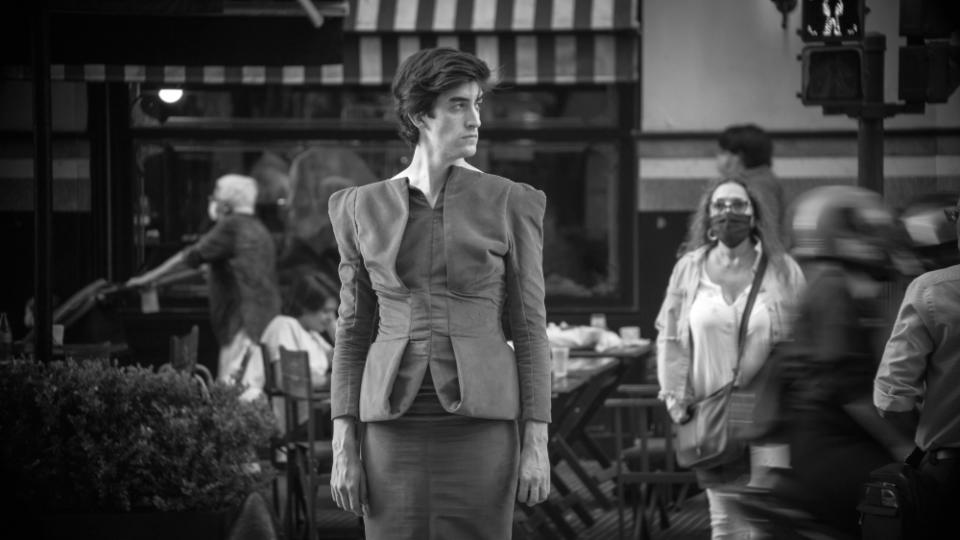
“The Marriage” (Maíra Bühler, Brazil)
A young indigenous woman leaves her Amazonian village and travels to Rio de Janeiro, where she marries a white settler. She assumes the role of his tropical Cinderella of sorts and faces the dangers of having her soul held hostage, concluding that she may never return home. Her life experiences are captured and transformed into a photo novel. Bühler directs; Andre Sobral, founder of Abrolhos Filmes (“Chico Rei Among Us”), produces.
“A Woman Gazed At The Night Sky” (Julia Rotondi, Argentina)
After an accident results in the death of her boyfriend, researcher Lía travels to the mountains of Córdoba to investigate a strange phenomenon in a local lake. There she meets the mysterious Elvira, and the two contemplate the cosmos and the meaning of ancestral symbols before experiencing a revelation from space. The project is directed and produced by Argentina’s Rotundi (“Siete Ritmos”) with further production credits to Cecilia Rotundi.
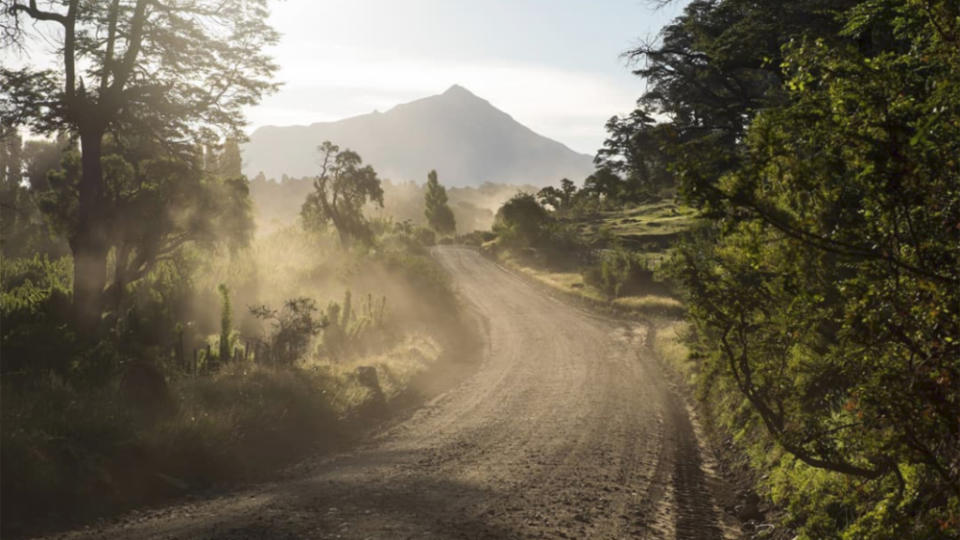
Best of Variety
Sign up for Variety’s Newsletter. For the latest news, follow us on Facebook, Twitter, and Instagram.

 Yahoo Movies
Yahoo Movies 
